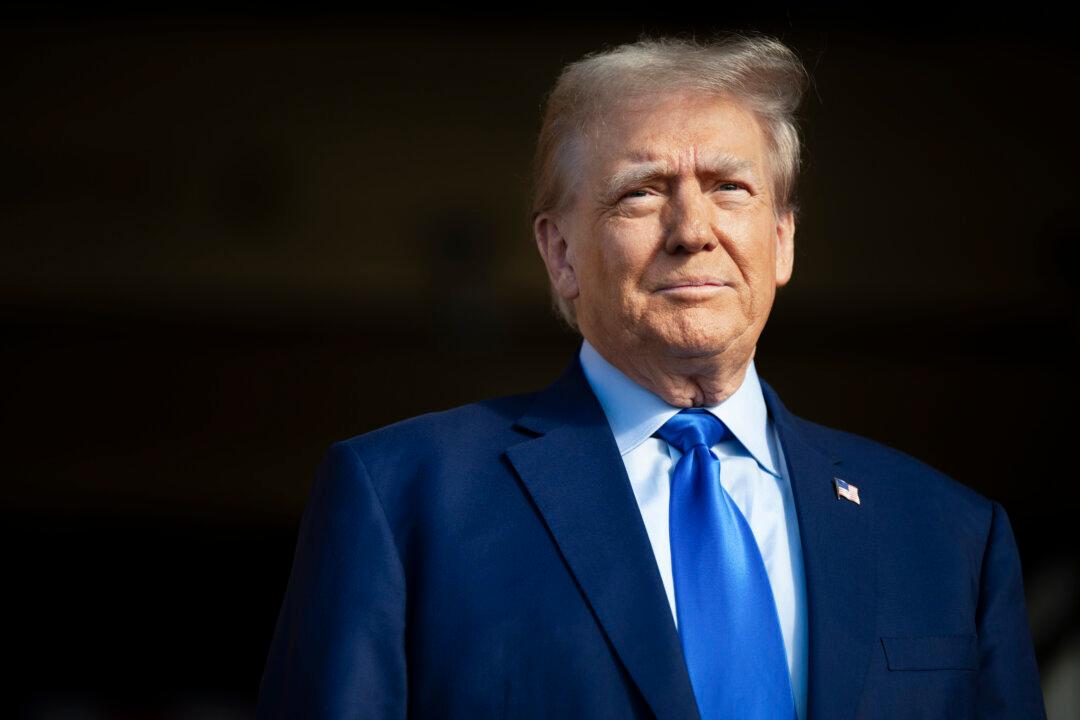Former President Donald Trump’s attorneys told the U.S. Court of Appeals for the D.C. Circuit on Nov. 17 that the Biden administration made poor legal arguments in attempting to a lower court’s gag order.
The filing comes just before a three-judge panel is set to hear oral argument on the order on Nov. 20. President Trump has repeatedly challenged the gag order on First Amendment grounds the Justice Department and D.C. District Court Judge Tanya Chutkan maintained that, as a defendant, he didn’t enjoy an unrestricted right to free speech. They argue that President Trump’s rhetoric has the potential to prompt backlash or harassment, although President’s Trump’s attorneys have alleged this line of justification lacks evidence and is impermissible under the First Amendment.





